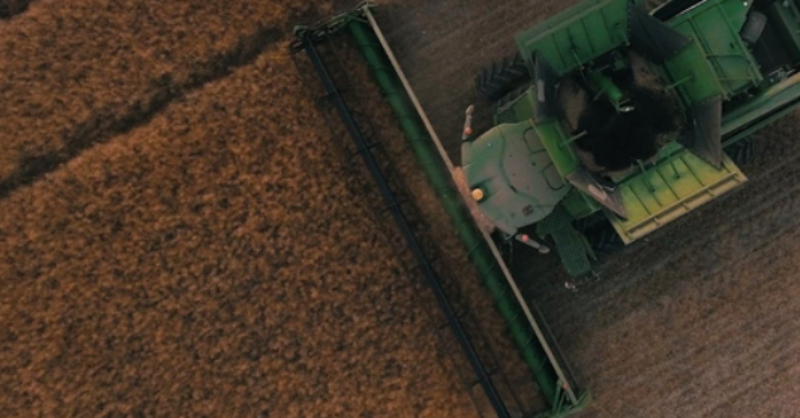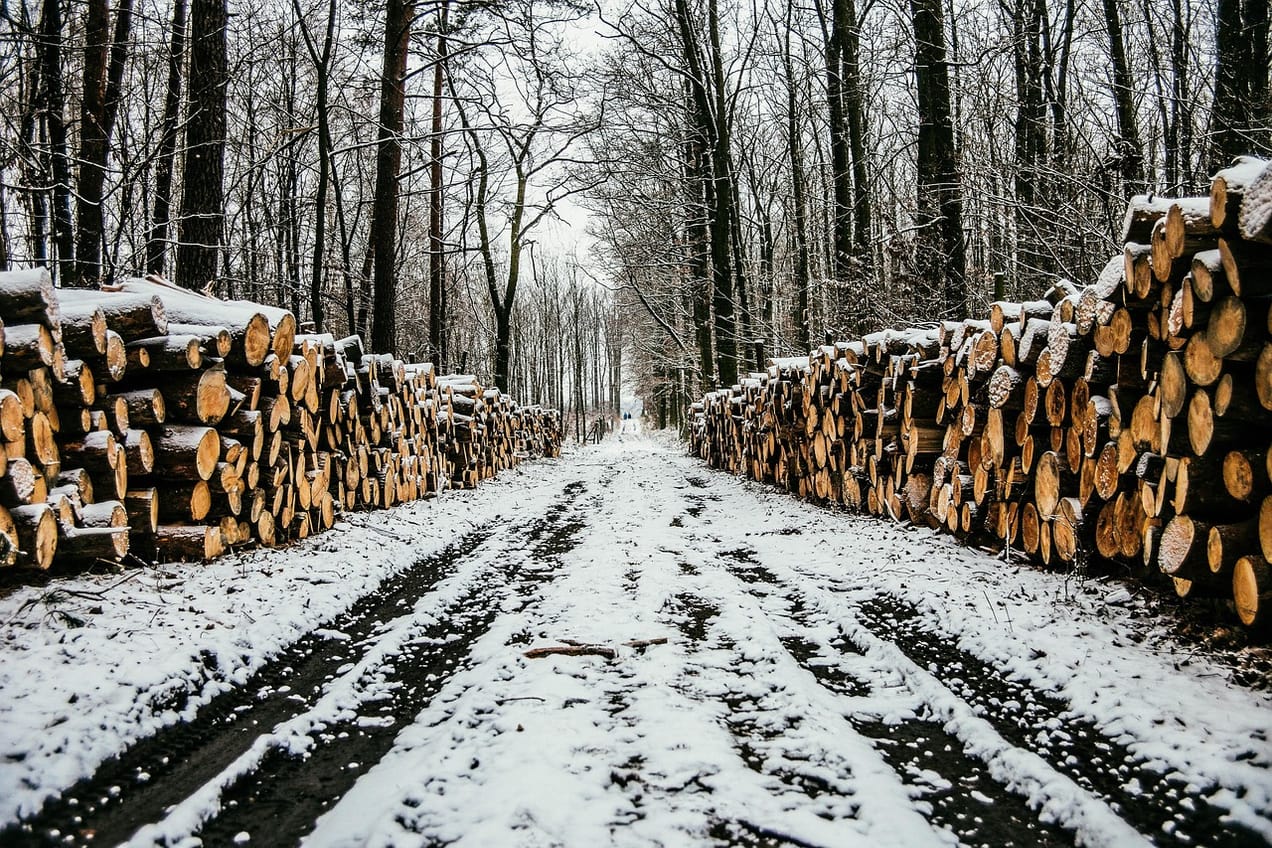
US farmers get right to "repair" their own John Deere tractors
John Deere has reached a voluntary agreement with farmers groups about the right to repair. While its important around the margins, its unlikely to slow the growth in ag tech.
Summary: The debate around the "right to repair" farm machinery has been rumbling on for some time. A few decades ago, a farmer often had the skills, and the tools, needed to quickly make repairs if their machinery broke down. These days, however, it’s not so straightforward. For farmers with modern tractors, even if they had the skills, they do not have access to the software and diagnostics that they need. Which means they are reliant on dealer networks for repairs and servicing. The recent agreement with John Deere suggests this might slowly be changing.
Why this is important: Will this agreement slow the move toward right to repair legislation, do we expect it to undermine the position of the big three manufacturers (John Deere, AgCo and CNH Industrial) and will it shift the spotlight to data? The important question is will this end up materially changing the dynamic of the industry - we suspect not.
The big theme: Improvements in crop yields have been essential to our ability to feed a growing global population, and more sophisticated farm machinery has played an important role in this. Despite volatility in farm incomes, farmers have adopted technology that works and have done so quickly. This was seen with tractors 100 years ago and with biotech seeds in the 1990s. Indeed, farming is already a tech heavy industry and becoming ever more so. Spending on agtech has risen from c. 20% of US farm pre-tax profits in the 1940s to almost 80% today. The flip side has been an increasing reliance on equipment that farmers cannot repair themselves, and increasingly, to questions about the uses of the data that the machines collect.

The details
Summary of a story from Agweb Farm Journal
The “right to repair” issue has been a topic of debate both in and outside of agriculture. A memorandum of understanding (MOU) signed by Deere & Co and the American Farm Bureau Federation (AFBF) means farmers will be able to repair their own equipment. The MOU was announced during AFBF’s annual meeting in Puerto Rico on Sunday. According to both Deere and AFBF, the MOU formalizes the availability and access to parts, tool, software and documentation to perform repair and maintenance.
With the MOU, farmers can either repair equipment on their own or go to an independent technician. It also helps Deere possibly dodge legislation around the issue. Several states had introduced their own “right to repair” legislation, but as stated in the MOU released this week, the agreement will happen “through a voluntary private sector commitment to outcomes rather than legislative or regulatory measures.” While the initial MOU is just with John Deere, the AFBF invited other equipment manufacturers to also sign on.
Let's look at why this is important...
Why this is important
As the industry, at least in the US, moves forward from the MOU, three questions will likely come to the forefront. Will this agreement slow the move toward right to repair legislation, do we expect it to undermine the position of the big three manufacturers (John Deere, AgCo and CNH Industrial) and will it shift the spotlight to data ?
On right to repair legislation, the short answer is probably not, but it might slow it down a bit. Under the MOU, the AFBF agreed to encourage state farm bureaus to "refrain from introducing, promoting, or supporting federal or state 'Right to Repair' legislation that imposes obligations beyond the commitments in this MOU."
Despite this, in the background we expect legal pressure around the right to repair to grow. Looking just at farm equipment (according to NPR) in 2022 Sen. Jon Tester, a Democrat from Montana, introduced legislation to limit repair restrictions in the agricultural industry.
On the wider right to repair debate New York Gov. Kathy Hochul signed a right-to-repair law that requires equipment manufacturers to provide repair information and parts for some consumer electronics. Outside of this it is said that more than half of U.S. states are considering right-to-repair laws. Although, as with most things in the US, the shifting balance between the Democrats and the Republicans will come into play in terms of what legislation gets advanced over the next year or so
Switching to farmers attitudes to increasingly complex equipment, we expect no change. As we highlighted above, spending on agtech in the US has risen strongly over the last few decades, and we see no reason to believe this will slow. In fact, in developed markets, access to ag tech is becoming more rather than less important.
The rise of precision ag, where for instance farmers can reduce fertiliser and pesticide use by more targeted applications, is a growing trend. In many markets, the majority of large farm tractors (& similar equipment) come from the big 3 (John Deere, CNH Industrial, and AgCo). They control the route to market, and as long as they keep producing products that deliver what farmers what, its hard to see this changing.
One "new" area in this regard to watch is data, both its uses and its security. Access to the data that comes from tractors is a valuable commodity. As with our access to the internet, we expect farmers to accept the continuation of the status quo, so long as they keep seeing the benefits that flow from this data aggregation.
Cyber security is however a slightly different matter, highlighted by this recent research article and the older 2018 report from the US Department of Homeland Security. As this recent Medium article from two industry specialists at the University of Nebraska discusses "the advent of precision farming comes at a time of significant upheaval in the global supply chain and as the number of foreign and domestic hackers with the ability to exploit this technology continues to grow". For those with an interest in Ag tech, this is a topic that is worth tracking.
Something a little more bespoke?
Get in touch if there is a particular topic you would like us to write on. Just for you.
Contact us
Please read: important legal stuff.

